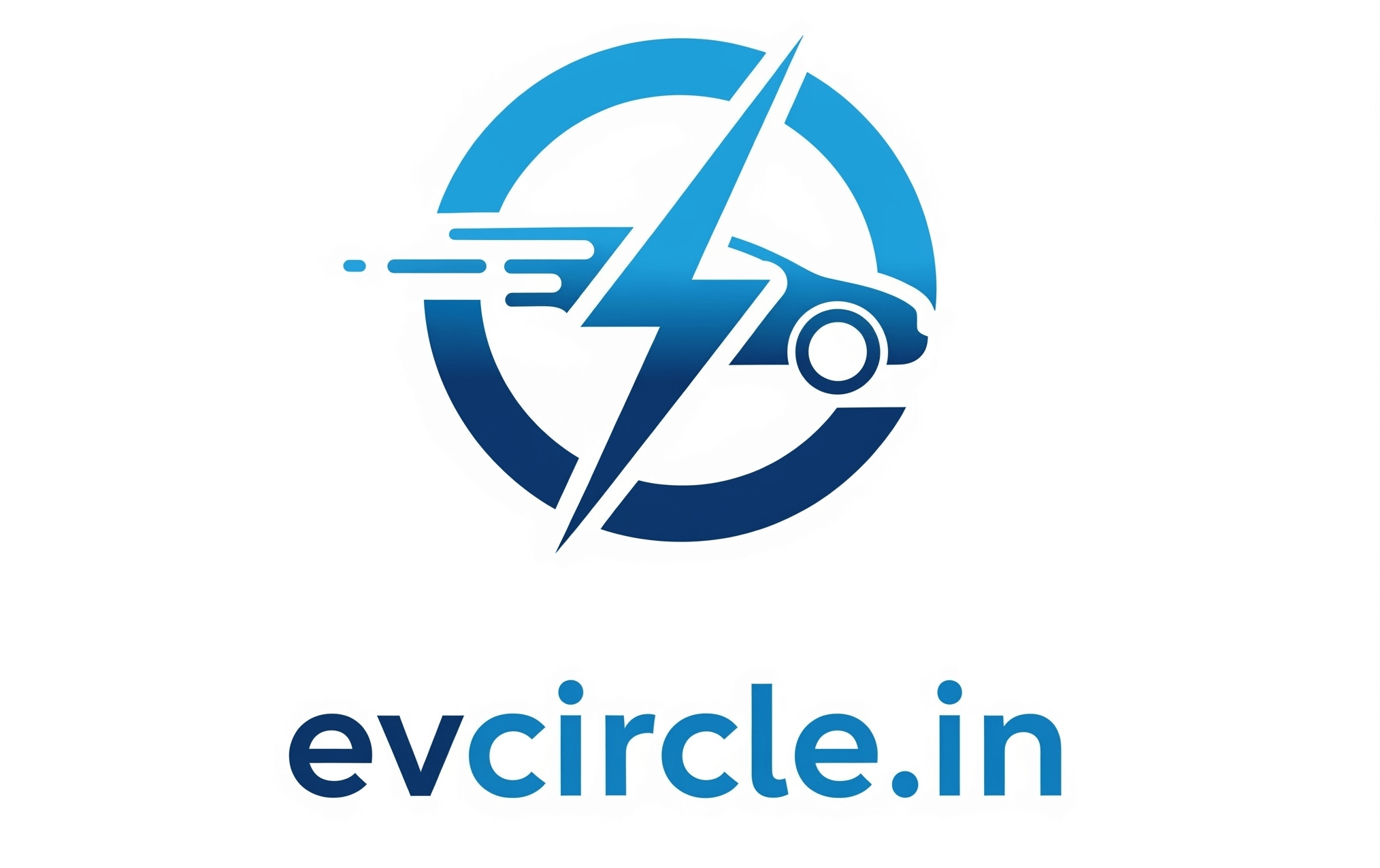
Cross-border consolidation in the automotive sector is likely to pick up pace because of electrification, shifting consumption habits and growing capital demands. Collaborations will focus on technology and sustainability, while private equity moves toward EV parts and adjacent services. Automakers may rethink their footprint in emerging markets, with more listings and spin-offs expected as EV financing and regulatory shifts reshape the sector.
Cross-border consolidation in the worldwide automotive sector is poised to strengthen as companies contend with electrification, evolving consumer behavior and mounting capital requirements, senior investment bankers at Rothschild & Co said.
Talking to ET, Vikas Sehgal, partner and global head of automotive and executive vice chairman South-East Asia, and Aalok Shah, head of global advisory, India, at the firm said the sector is at a pivotal moment where legacy players, investors and policymakers must adjust plans to navigate the transition.
“Joint ventures and partnerships have long been a feature of the automotive world. But unlike earlier eras when they were driven mainly by market entry, today they are shaped by technology, capital and sustainability,” Sehgal said. “We anticipate a ramp-up in alliances since no single company can absorb the investments needed for the EV shift.”
The bankers noted private equity appetite for the industry remains robust, but investors are now targeting more than traditional manufacturing assets, looking into areas like supply chains, software and services. “Funds are moving toward opportunities that provide stronger growth and resilience, such as EV components, charging and financing ecosystems,” Shah said.
Global PE firms are actively building platforms of Indian auto components/manufacturing businesses.
Earlier this year, US fund Carlyle bought a controlling interest in Highway Industries Limited and Roop Automotives Limited, prominent manufacturers of forged and precision-machined components, steering system assemblies, transmissions and other powertrain parts for electric, hybrid and internal combustion engine (ICE) vehicles.
Similarly, Bain Capital recently invested in Dhoot Transmission Group, a top maker of two-wheeler and three-wheeler wiring harnesses, and RSB Transmissions, a global producer of systems and aggregates for automotive, construction and off-highway equipment.
As capital needs increase, some global automakers are reconsidering their operations in price-sensitive emerging markets. “We will witness more exits, but equally, there will be listings and carve-outs by firms aiming to unlock value,” Sehgal added.
In 2024, Hyundai Motor India launched a ₹27,870 crore ($3.3 billion) IPO, the largest public issue in India’s history, surpassing the previous record of LIC’s ₹21,008 crore offering. The float intended to unlock value by selling a significant stake in the business, allowing the South Korean parent to monetise its Indian unit while enabling public investors to take part in the growth of the country’s second-biggest carmaker.
The bankers emphasized that financing electric vehicles—for both manufacturers and consumers—remains a structural hurdle. Banks and financiers, they said, have not yet fully priced the risks tied to new technologies, which has dampened adoption in numerous markets.
According to Shah, governments are also reshaping the sector via subsidies, localisation requirements and emissions rules, compelling companies to rethink tactics. “Previously, markets were steered by consumer demand. Now, they are increasingly policy-driven,” said Shah.
See also: Canada Considers Removing Chinese EV Tariffs Amid Auto Industry Concerns
Sustainability advocate with a keen eye on policies, trends, and real-world EV impact.

Leave a Reply